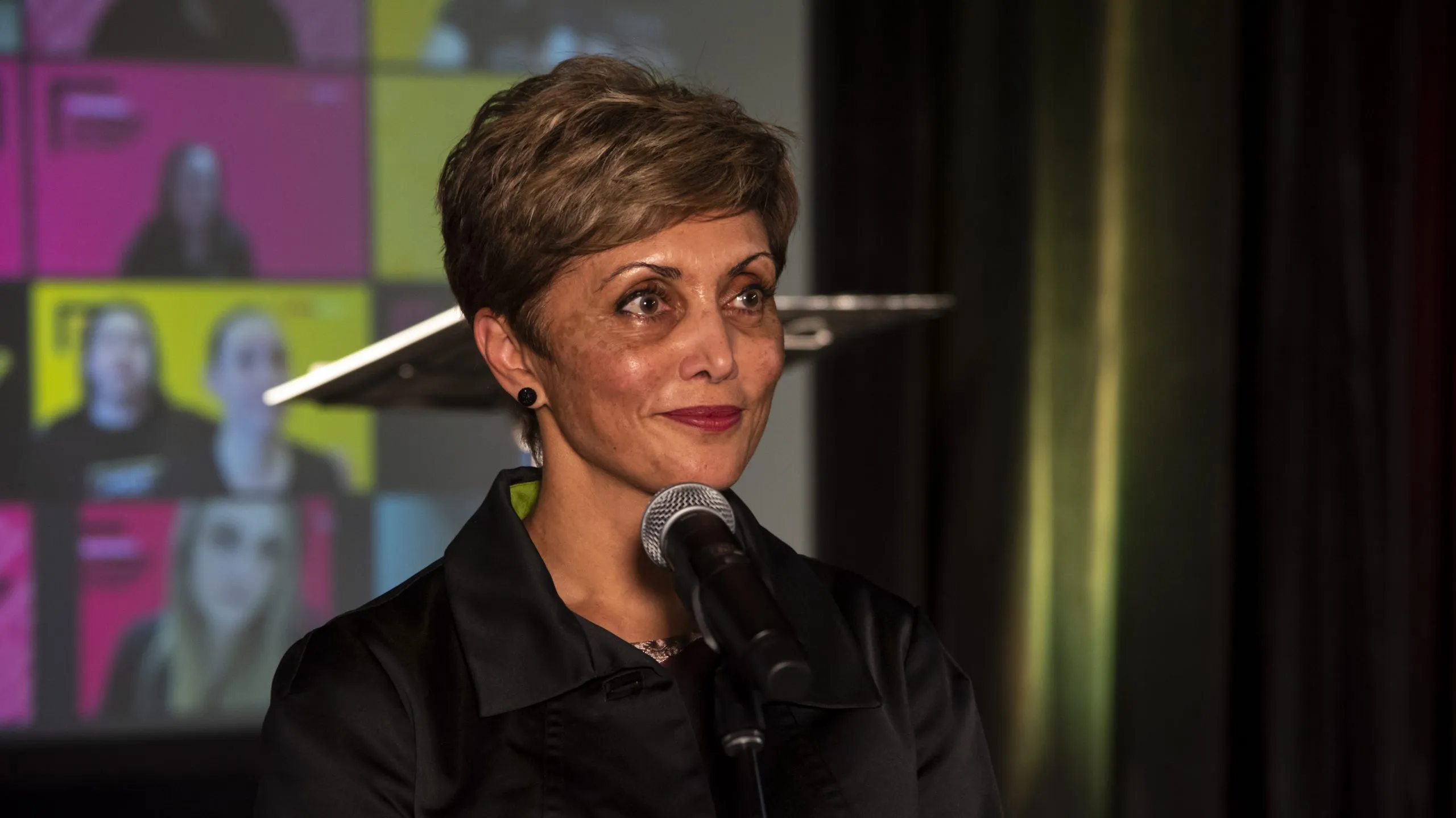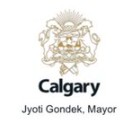The unfolding drama surrounding the Recall Gondek campaign in Calgary has taken a sensational turn, capturing the national spotlight with Canadian media outlets like the CBC, CTV News Calgary, and Yahoo News Canada diving headlong into the fray.
The campaign, aimed at ousting Mayor Jyoti Gondek from office, has sparked a wildfire of controversy and debate across the political spectrum, with the intensity of the coverage revealing deep-seated biases and concerns within the Canadian media landscape.
The CBC, in particular, has come under fire for its portrayal of the recall effort, with accusations flying about its apprehension towards the conservative forces purportedly driving the campaign.
This narrative feeds into a broader critique of the national broadcaster, with critics lambasting what they see as a propensity towards liberal bias and an aversion to conservative viewpoints.
The coverage by CBC and others has been characterized by some as verging on hysteria, with the underlying implication being that the potential success of the Recall Gondek campaign could signify a shift towards more conservative governance in Calgary—a prospect that seemingly alarms certain segments of the Canadian media establishment.
The Recall Gondek campaign, for its part, has been more than just a grassroots movement calling for accountability.
Documents and reports suggest an organized effort with significant backing, raising questions about the dynamics of political engagement and the forces that mobilize in response to perceived governance failures.
The city’s preparation for the arrival of the large petition underscores the seriousness with which this campaign is being taken, both by its proponents and by those in the corridors of power.
Criticism of the CBC and like-minded outlets has been swift and sharp, with commentators and public figures calling out what they perceive as a dismissive and derogatory attitude towards conservative activism.
The use of pejorative terms to describe the campaign’s backers, coupled with a seemingly reflexive defense of Mayor Gondek’s administration, has only fueled allegations of bias and a lack of journalistic integrity.
This has led to renewed calls for defunding the CBC, with critics arguing that a publicly funded broadcaster should not serve as a mouthpiece for any particular political ideology.
The Recall Gondek campaign, irrespective of its outcome, has already made its mark, not just on the political landscape of Calgary but on the national conversation about media bias, political activism, and the nature of democratic engagement in Canada.
The saga has exposed the fault lines in Canadian media, prompting a reckoning with questions about objectivity, fairness, and the role of journalism in a polarized society.
As the campaign gathers momentum, it serves as a litmus test for the media’s ability to navigate the complex interplay of politics, public sentiment, and the quest for truth.
In essence, the Recall Gondek campaign has become a mirror reflecting the anxieties, biases, and challenges facing Canadian society today.
Whether one stands with Mayor Gondek or with those calling for her recall, the unfolding drama is a testament to the vibrant, albeit contentious, nature of democracy in action.
As the debate rages on, it becomes increasingly clear that the heart of the matter transcends the political fate of a single mayor, touching instead on the fundamental principles that underpin democratic governance and the free press in Canada.



